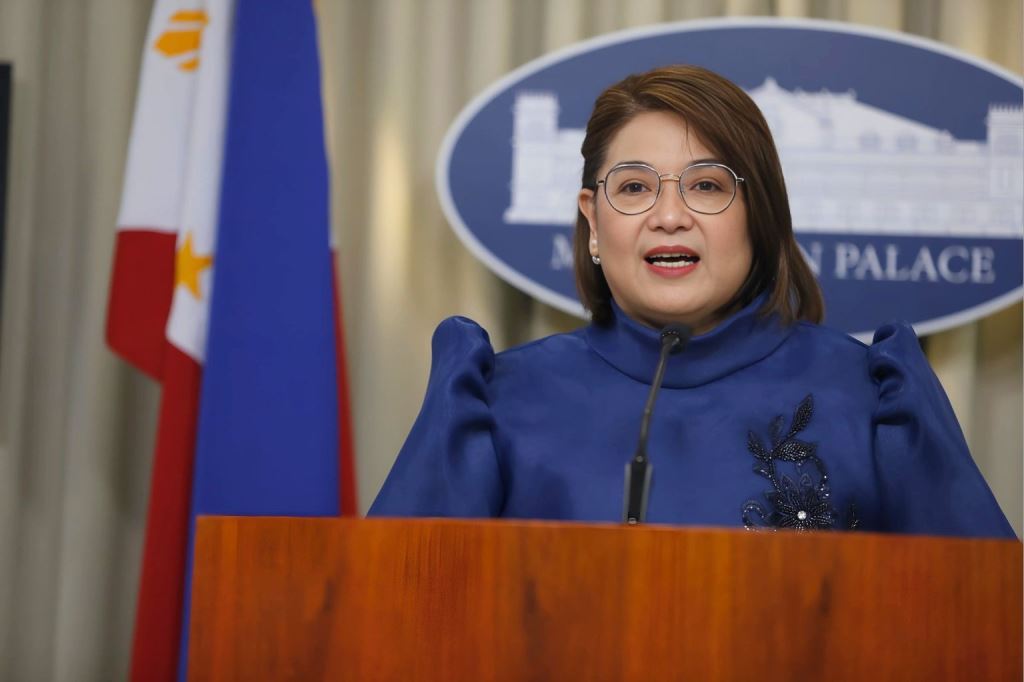
By Dean Aubrey Caratiquet
The threat of rabies is not to be underestimated, as the viral, zoonotic tropical disease remains an omnipresent public health concern especially in the Philippines where stray dogs and cats roam around the streets, leaving everyone vulnerable to be bitten or scratched by an infected animal.
President Ferdinand R. Marcos Jr. took note of such health matters seriously, and issued a directive to ensure accessible health services vis-à-vis implementing measures to curb rabies incidents and the deaths arising from failures to inoculate individuals who ran into an encounter with a potentially rabid animal.
At a press briefing in Malacañang on Tuesday, June 3, Palace Press Officer and Presidential Communications Office Usec. Claire Castro announced that several national and local government hospitals and health centers are now providing free anti-rabies and animal bite vaccinations.
Castro said: “Sakaling nakagat o nakalmot kayo ng inyong mga alagang aso at pusa, nangangamba sa rabies, libre po ang pagbabakuna sa mga government hospitals.”
Likewise, she declared that the Philippine Health Insurance Corp. (PhilHealth) also provides partial subsidies for anti-rabies vaccination in private hospitals and private clinics.
The country’s premier health insurer agency raised its Animal Bite Treatment (ABT) package to P5,850 from the previous P3,000 to cover essential post-exposure prophylaxis.
Moreover, the Palace mouthpiece has also advised parents of children aged five years old and below to avail of free routine immunization in public health centers and hospitals.
Rabies continues to pose a serious global health threat, with an estimated 60,000 to 70,000 deaths reported each year. According to PhilHealth, the Philippines ranks sixth among countries with the highest incidence of rabies.
jpv
